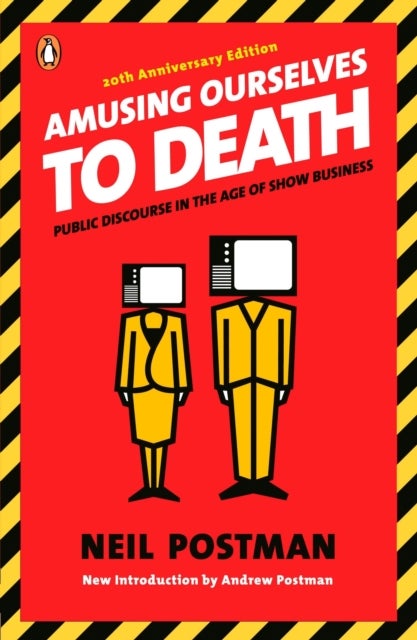
Joint Fact-Finding in Urban Planning and Environmental Disputes
569,-
<P>The days of rationalist scientific management and deference to official data are behind us. The credibility of experts and the information they provide are regularly challenged; officials are routinely provided with conflicting sets of facts as they plan and make decisions; and decision makers and stakeholders alike are largely skeptical that technical information will adequately account for the various interests and concerns and lead to the right outcomes. They struggle to reconcile technical information with other forms of knowledge, and differing interests, priorities and perspectives. Issues like climate change are complicating matters even further, as scientists and technicians must increasingly acknowledge the uncertainty and potential fallibility of their findings, and highlight the dynamic nature of the systems they are explaining.</P><P>This book examines how groups looking to plan and make decisions in any number of areas can wade through the imperfect and often contradict








